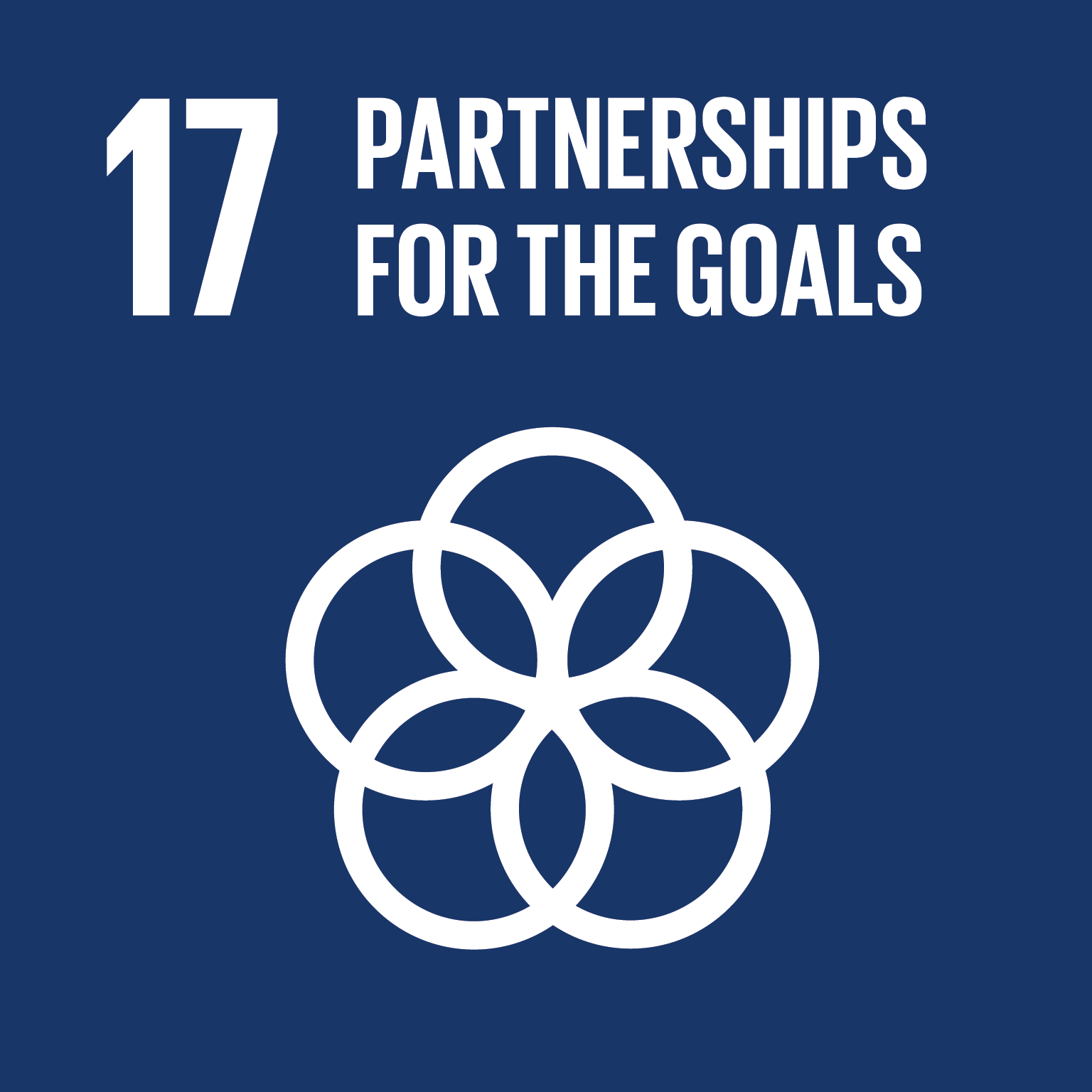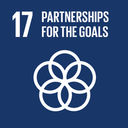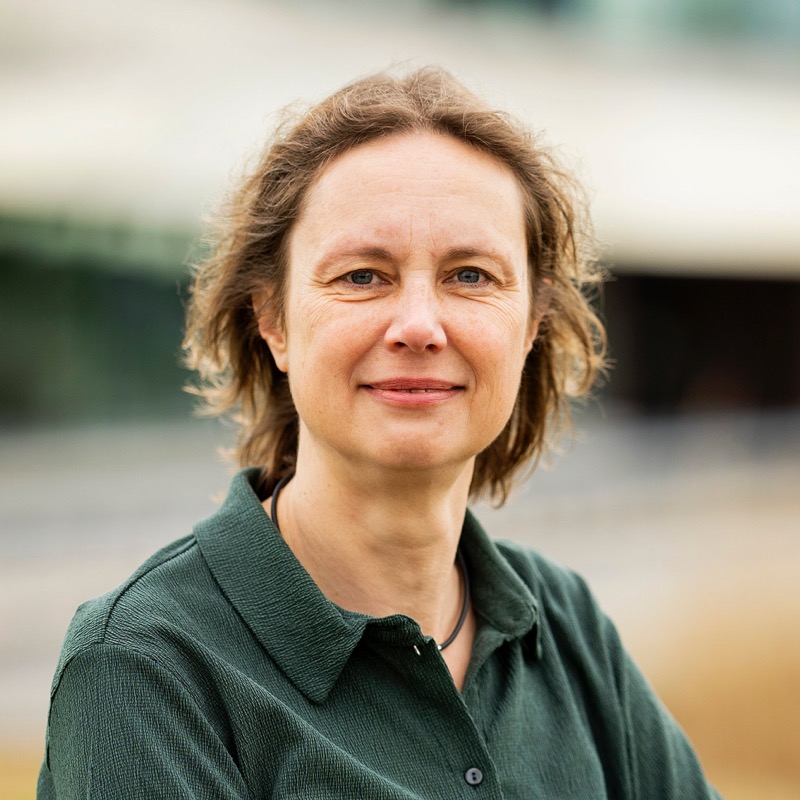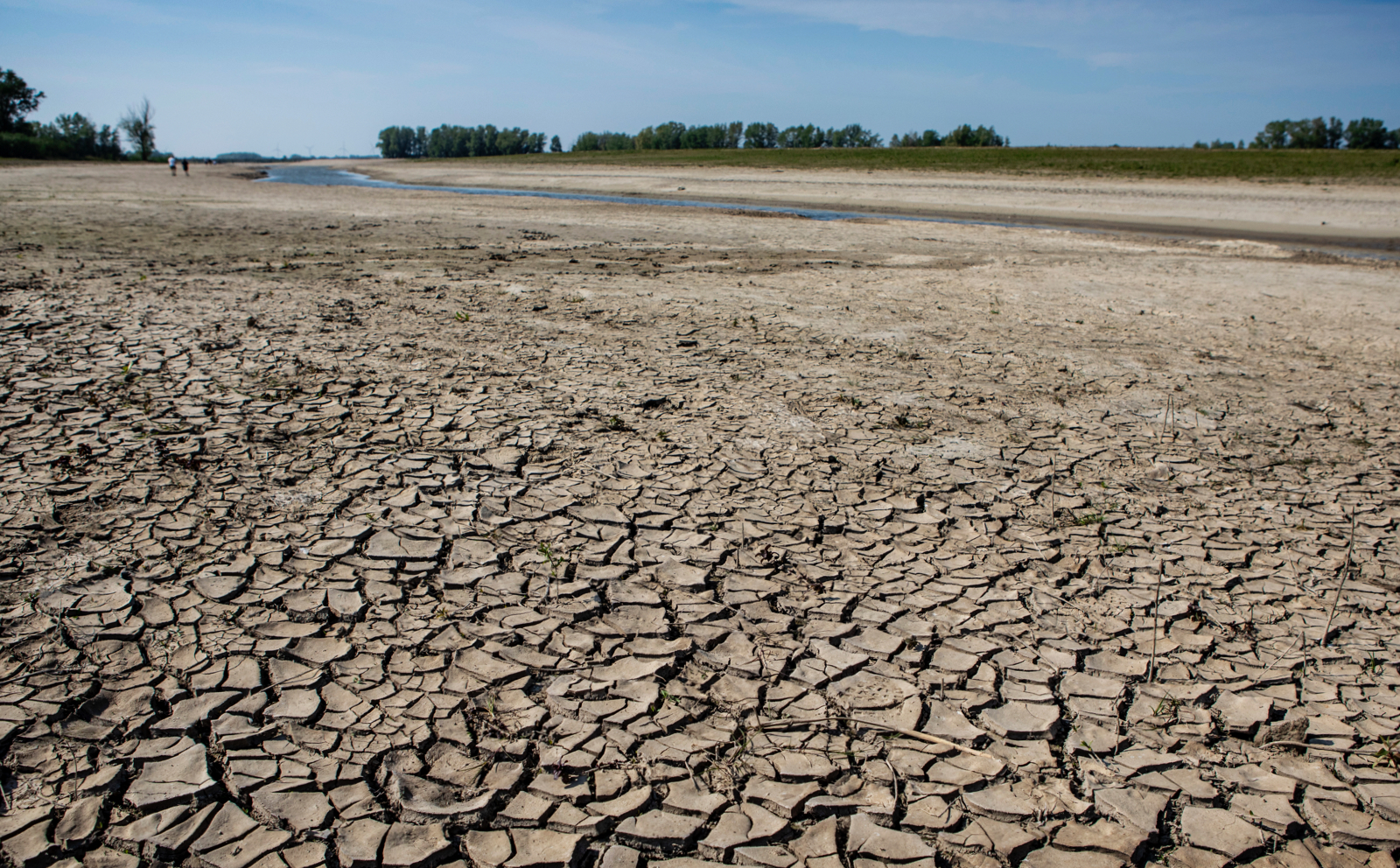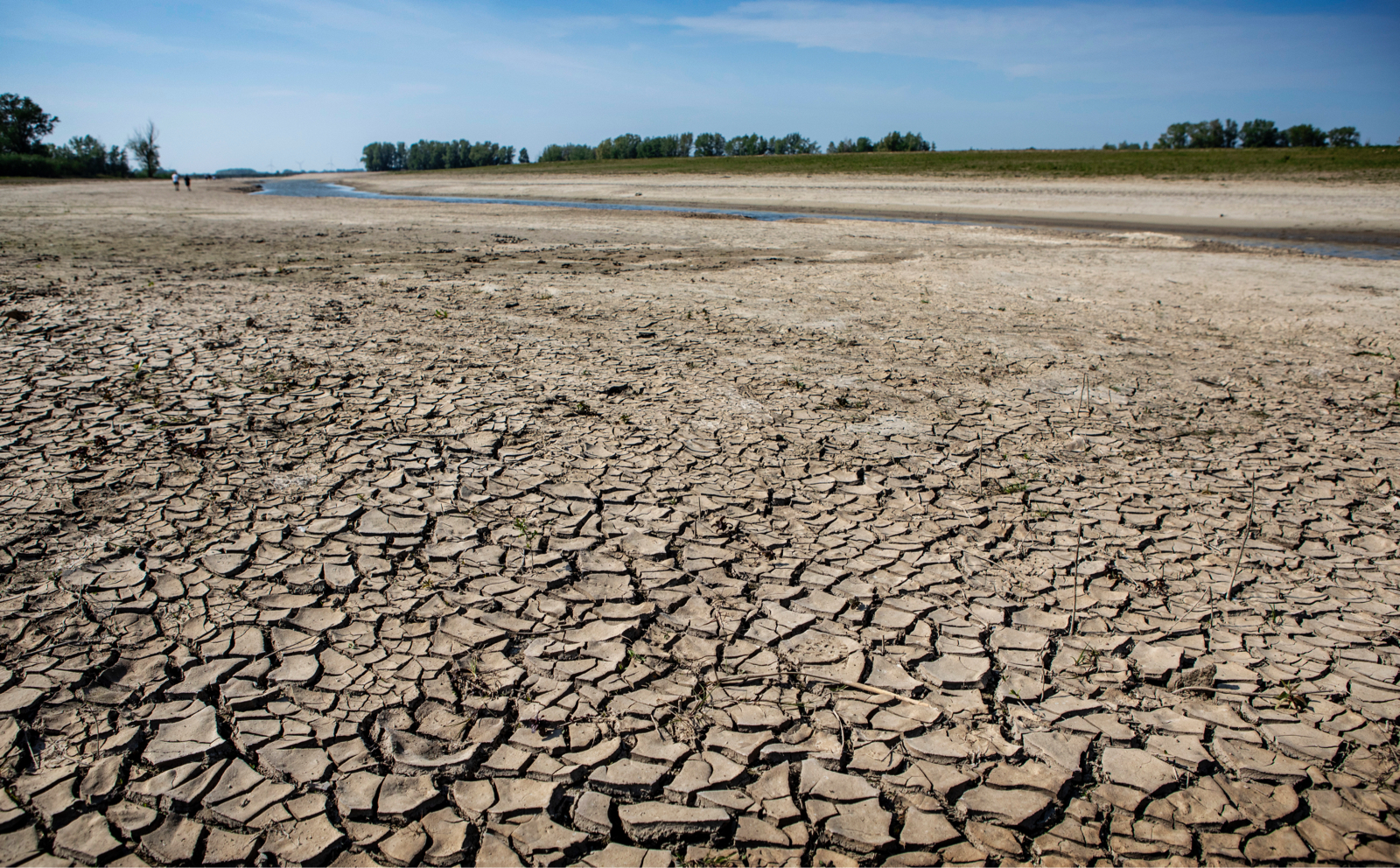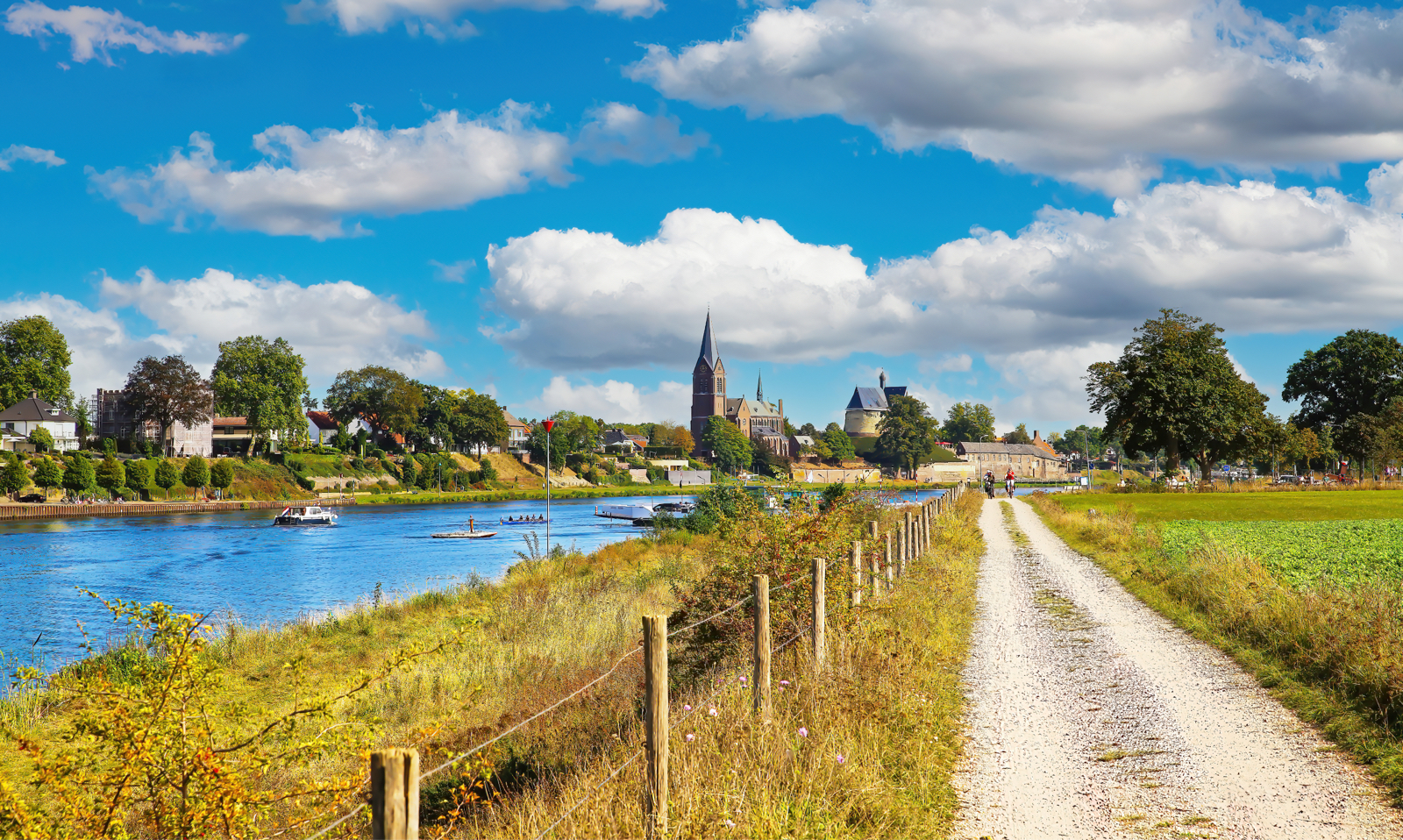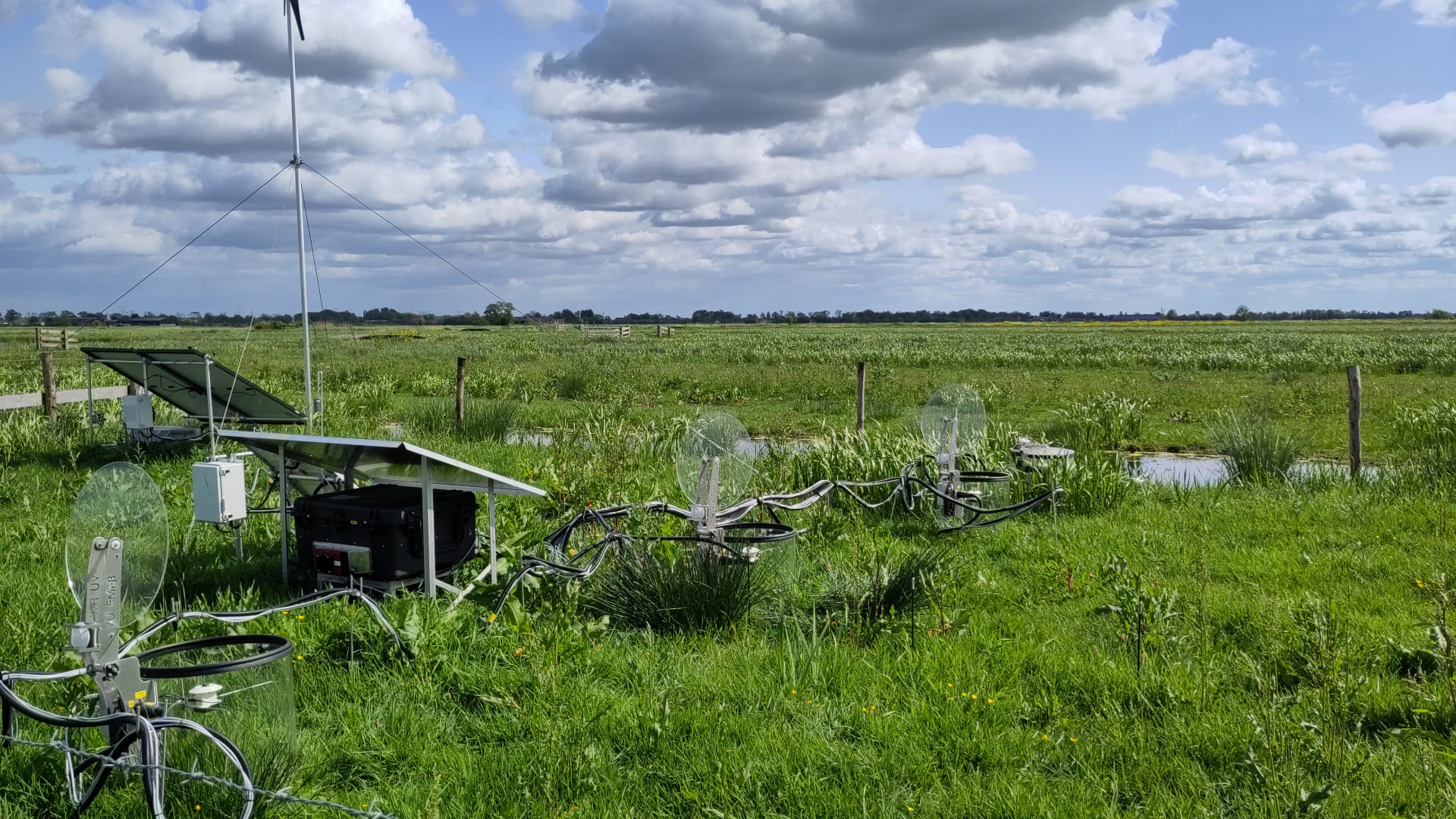Transforming water resources management
The global water crisis challenges our current paradigms for water resources management and requires urgent action. There is much work to be done. Deltares is committed to supporting decision-makers, actors and other stakeholders to achieve transformative change. On the basis of complex, unstructured, water-related issues in a range of landscapes, we support the movement towards evidence-based awareness, preparedness and capacity for action in the domain of adaptive, sustainable and fair, integrated water management. We do so in co-creation with our research and development partners and the stakeholder community. We apply our knowledge, data and tools for improved, robust decision-making on the basis of a sound understanding of the water and subsoil system. Aiming for a resilient and healthy water system for society and biodiversity with a particular focus on two topics this year: ‘Groundwater’ and ‘Water, Migration and Stability’. These were underpinned by the publication of the Strategic Water Systems Planning and other guidelines about climate-resilient and integrated water resources management.
Groundwater – key to a resilient and sustainable world
2022 was ‘the International year of Groundwater’, marked by the World Water day themed ‘Groundwater, making the invisible visible’ and culminating in the UN Water Summit on Groundwater. The overarching message: groundwater plays a crucial role in global water supplies. Against that backdrop, National Groundwater Reserves are being designated with stakeholders to safeguard future groundwater resources in the Netherlands, and to balance competing interests in the subsurface such as drinking water, irrigation, and the energy transition. In addition, the Integrated Groundwater Study presented a broad overview of the different challenges facing the Dutch groundwater system and advocated the protection and recovery of groundwater resources. Groundwater should be a natural and visible component in water policy development. Through integrated water management and a matching approach to the management of water resources, salinisation and food production (the "STAP framework").

Promoting Joint Understanding for Water Humanitarian Aid, Migration and Social Stability Transformation (WMS)

Deltares contributes to a better joint understanding of the links between water and migration and water and conflict by making knowledge available to the humanitarian and development sector, and developing and applying tools and solutions in the water, migration and peace nexus. ThroughWater, Humanitarian Aid, Migration and Social Stability Transformation (WMS), we support the development of integrated, inclusive and informed solutions for the conflict-sensitive management of water resources and climate-resilient refugee settlement planning, as well as for the application of Integrated Water Resources Management (IWRM) and Disaster Risk Reduction (DRR) solutions in the context of refugee settlements and host communities. These solutions address the entire water system and its driving forces: climate change, drought and water scarcity risks, disaster and flood risks, food and energy insecurity, human well-being and livelihoods, and human responses to crises such as migration.
Focusing and building on strategic partnerships with parties from the development, disaster response, diplomacy and defence sectors, we develop knowledge and tools for existing needs in this field. For instance our data and model services (Software and data products | Deltares) have been applied to connect global data sources with our modelling tools such as iMOD, wflow and RIBASIM. Combined with human response models that illustrate the mechanisms between water, conflict and migration, those tools contribute to integrated, inclusive and informed water management in conflict areas and in other humanitarian settings. We are working as a key partner in the Water, Peace and Security Partnership initiated by the Dutch and German governments and have implemented this approach to help local governments in regions prone to water-related conflicts. We have been providing information for regional engagement processes to facilitate mutual understanding and dialogue for peace building in Iraq, Mali, Ethiopia and Kenya.
'Through collaboration with UN agencies, our knowledge and tools have supported the application of IWRM and DRR planning in refugee settlements and are facilitating climate-resilient refugee settlement planning in countries such as Uganda, Cameroon and Nigeria.'
Judith ter Maat, water resources management expert.
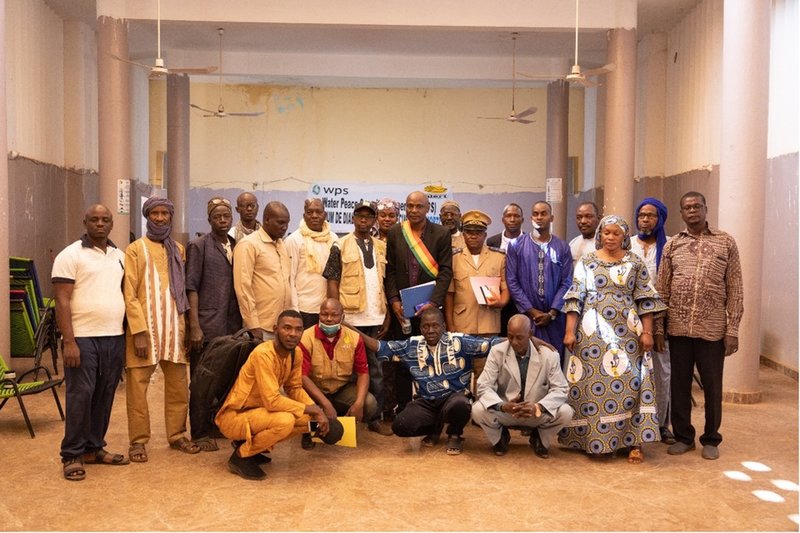
The Water, Peace & Security (WPS) partnership engages and equips local communities to resolve water-related conflicts through dialogue and mediation. Our local partners organised a water informed dialogue meeting with e.g. boatmen, fishermen and farmers in Mopti Mali.
Fast-tracking climate investment to establish transformational water projects
In collaboration with the Dutch national government and the Green Climate Fund (GCF) Deltares developed practical guidelines for designing water-climate resilient projects. The aim is to make sure that the projects selected by the GCF and other investors for funding are designed in such a way that they will ultimately deliver and bring scale to the efforts to achieve universal access to water. To make them even more practical, the guidelines are accompanied by a document describing applications for designing water- and climate-resilient projects in different contexts: Climate Resilient Water, Sanitation and Hygiene (CR-WASH), drought management, flood management and/or IWRM in general (Greenclimate). Both documents linked support the fast-tracking of climate investment to deliver transformational water projects that address water scarcity and water security issues induced by climate change.
To underpin activities and research of the kind described here, a more general guidelines document for IWRM practitioners was developed that outlines a stepwise approach which practitioners can use to guide their planning and analyses of water systems on the basis of the principles of integrated water management for different types of plans. That can be seen in the figure below.

Strategic Water Systems planning
Sustainable development goals
Partnerships for the goals
